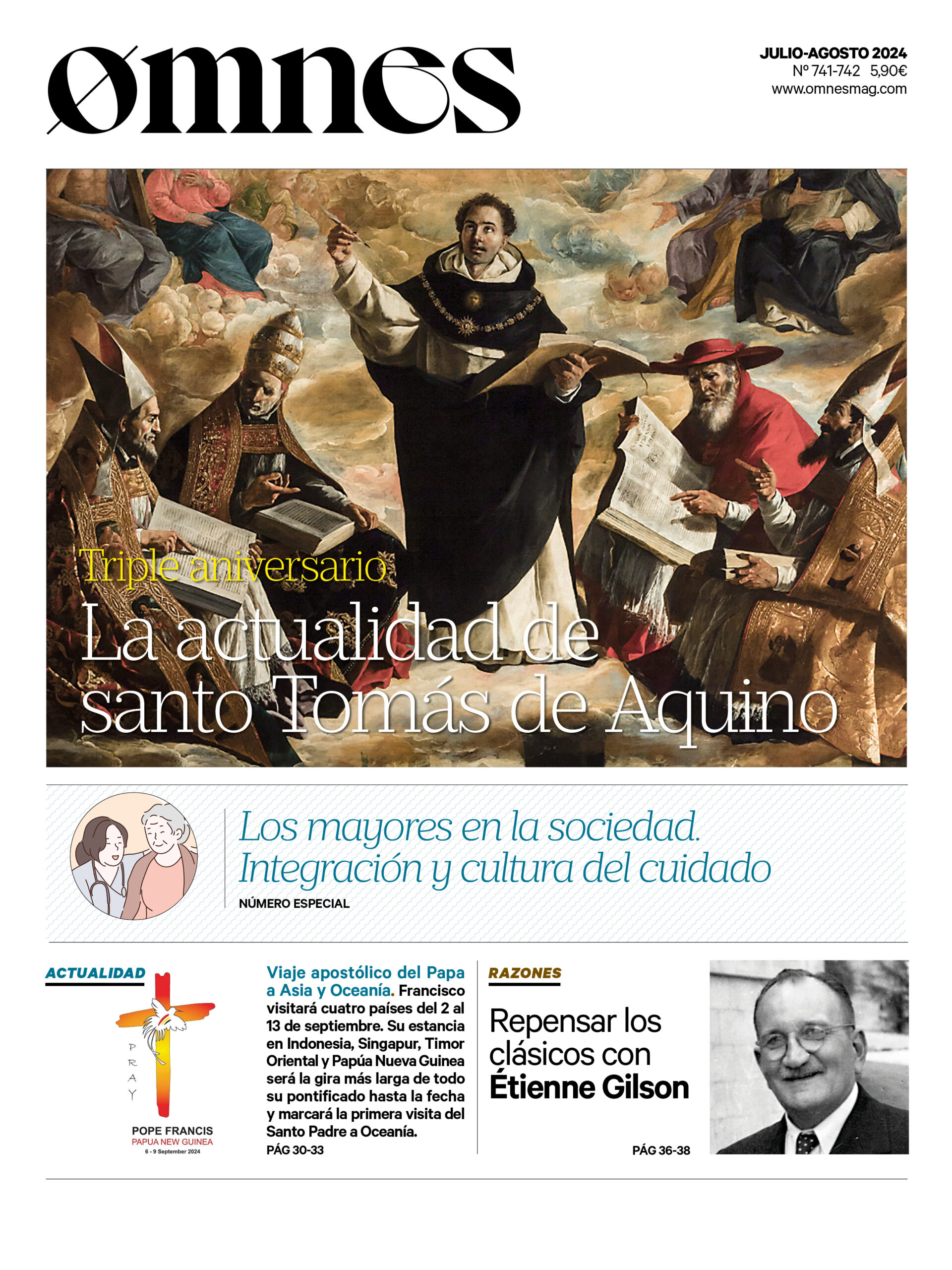The relationship between Christianity and law is not a mere incident in the history of mankind, but has a deep meaning and permanent value. The German polymath Gottfried Wilhelm Leibniz (1646-1716) justified the translation of his model of the division of theology into jurisprudence by claiming that "the similarity between these two disciplines was striking." More recently, the famous German constitutionalist Ernst Wolfgang Böckenförde (1930-2019) asserted that "the secularized liberal state is based on assumptions that it cannot guarantee".. These assumptions, whether we like it or not, have a lot to do with Christianity.
A good number of ideas, concepts and values have, at the same time, a deep juridical and theological meaning. It is enough to think of words such as law, justice, marriage, covenant, satisfaction, oath, freedom, dignity, obedience, solidarity, authority, tradition, redemption, punishment, person, but also intercession, grace, confession and sacrament, the latter concepts being juridical rather than theological. Because of this common denominator, it is sometimes difficult to determine whether the origin of a concept is jurisprudential or theological.
Christianity and law, in the West, have gone hand in hand after their first embrace at the beginning of the Christian era. Although somewhat more distant, Christianity and law continued together during the long process of secularization of modernity that began with the Protestant Reformation, since this process, in part (only in part), has its roots in the famous parable of Jesus: "Render unto Caesar the things that are Caesar's and unto God the things that are God's.".
Some contributions of Christianity to law are original while others shed new light on existing concepts or ideas (e.g. the idea of justice or property). Some contributions are theological (e.g., care for the created universe), others more spiritual (e.g., sense of forgiveness, compassion and mercy), others more moral (e.g., religious freedom and human rights), others historical (e.g., the division of Europe into sovereign states), others anthropological (e.g., the centrality of the human person), others structural (e.g., the separation of Europe into sovereign states), others anthropological (e.g., the separation of the human person). The development of law and secular legal systems was and continues to be decisive for the development of law and secular legal systems.
Special mention should be made of the contribution of the Second Scholasticism, particularly the School of Salamanca, which shed light on issues that also affect our times, such as the globalization of interdependence, colonialism, the exercise of power, human rights, cosmopolitanism, just war, Eurocentrism or the rules of the market.
The School of Salamanca exhorts us to a closer analysis of the scientific method as an instrument in the search for truth, and shows us the role of universities in the development of peoples, as well as the role of intellectuals in the decision-making process of any political community.
The impact of Protestantism on Western legal culture was also colossal. The foundations of modern democratic theories, the founding ideals of religious freedom and political equality, the principle of federation, the emergence of the modern welfare state, the defense of procedural guarantees and rights, the conversion of the moral duties of the Decalogue into individual rights, the doctrine of constitutional resistance against tyranny, or the idea of a written constitution as a kind of political covenant owe much to the Protestant Reformation.
As John Witte Jr. rightly explains, certain basic theological postulates of Protestantism have had important legal consequences, such as, for example, the fact that the political community is constituted by a covenant between the rulers and the people before God, whose content is shown by the divine and natural laws and specifically the Decalogue; or the fact that Church and State must be institutionally separate but united in their purpose and function, and, therefore, also in the defense of the rights and liberties of the people, including organized constitutional resistance.
In our secular and global age, Christianity must continue to illuminate the law, protecting and strengthening its meta-legal foundations, but without exploiting or despoiling the autonomous structure of legal systems. There is no single model of Christian legal order that Christianity must promote in order to fulfill its mission.
The Christian influence concerns rather the spiritual dimension of law, the spirit of law, even if some contributions may have concrete practical implications, for example, dignity. For its part, secular law must continue to illuminate Christianity by providing a refined juridical technique in the resolution of conflicts and by promoting the defense of human rights.
Professor at the University of Navarra (Madrid campus)












